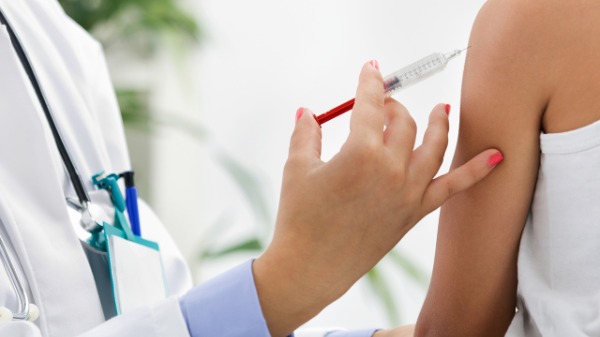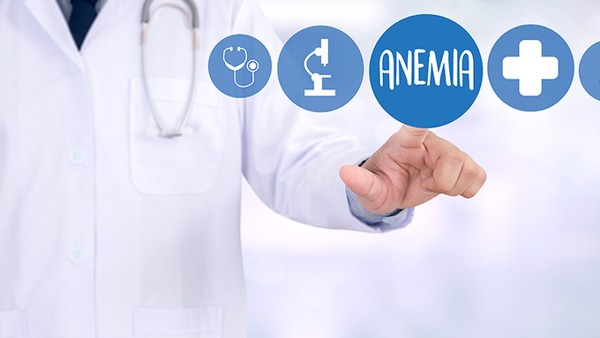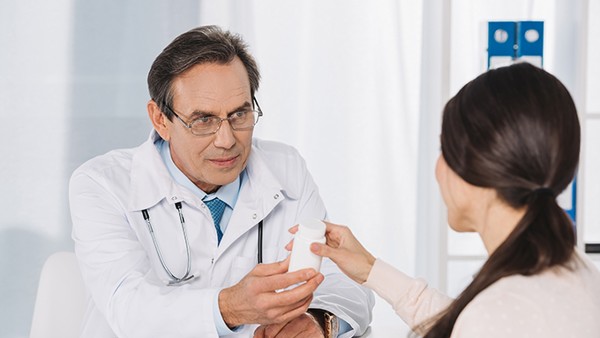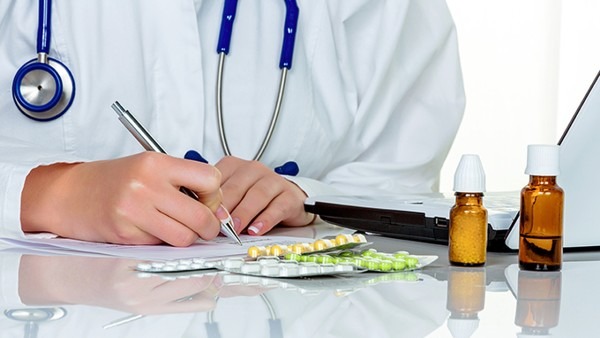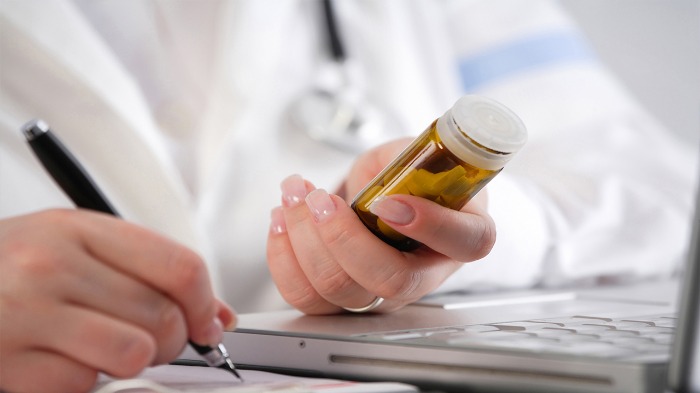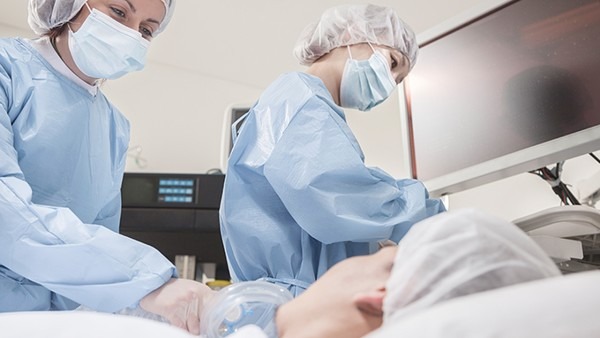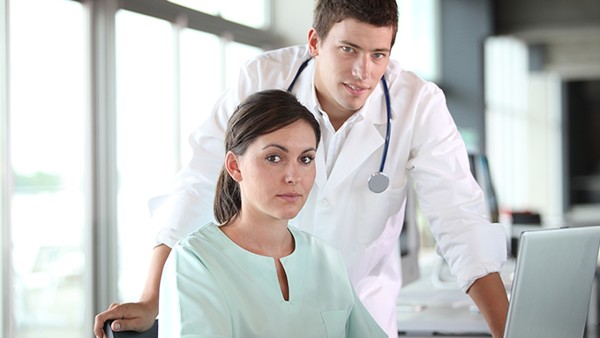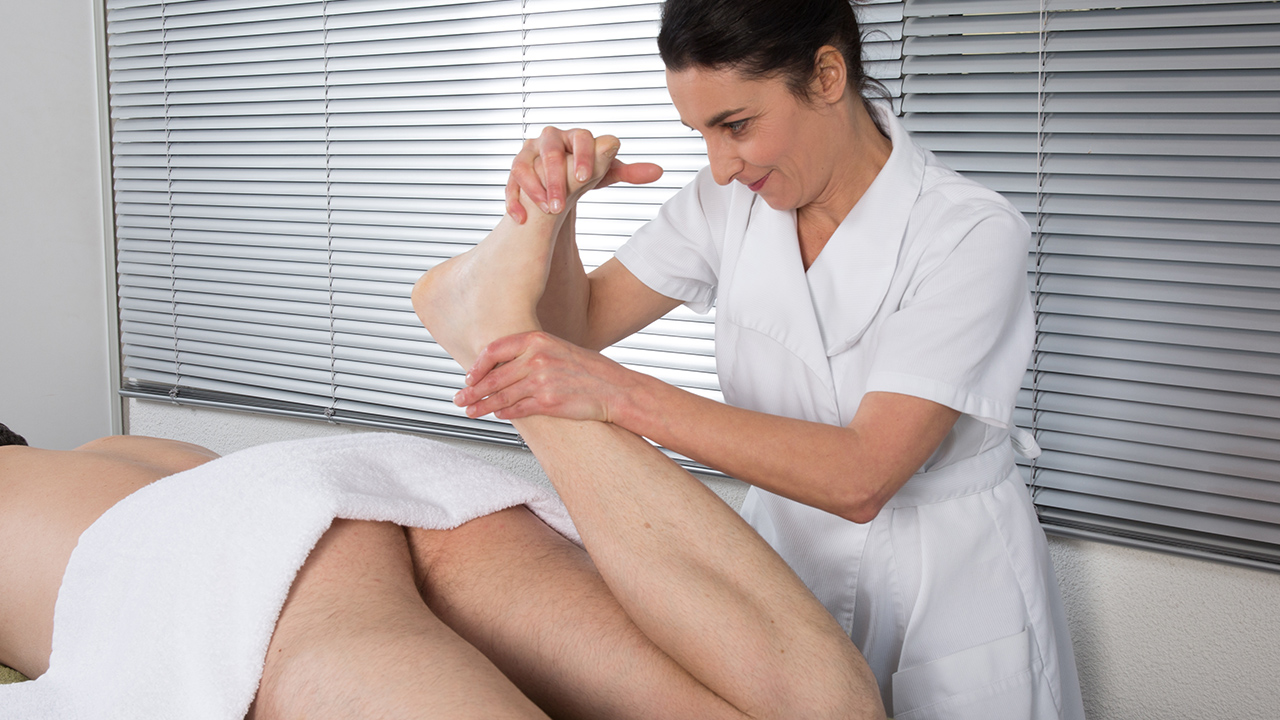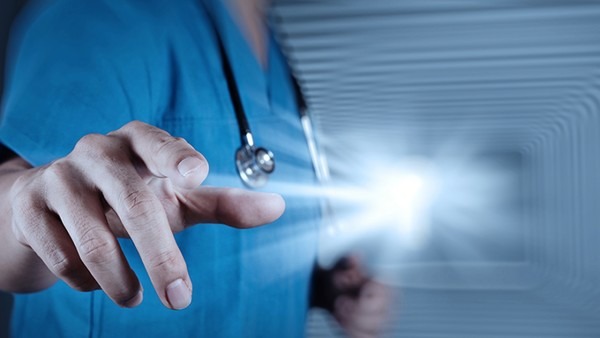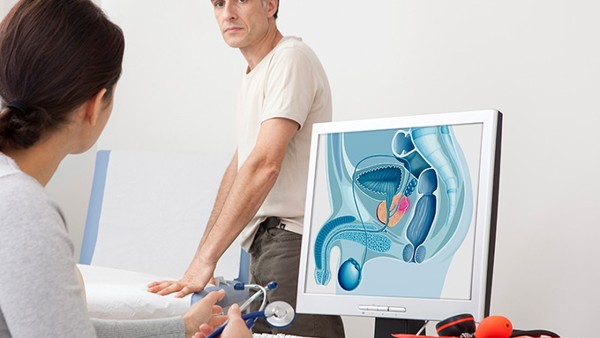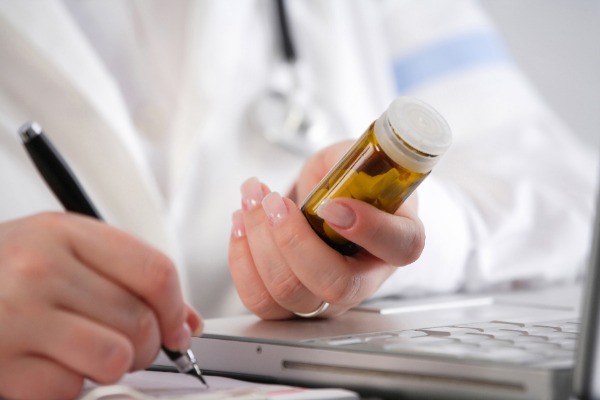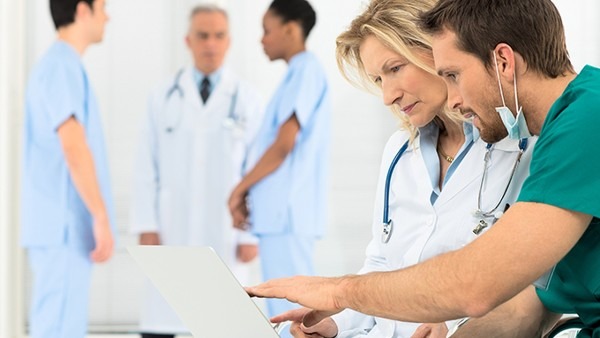Who is Prone to Tuberculosis?

Tuberculosis (TB) is a bacterial infection that primarily affects the lungs. It can also spread to other parts of the body, including the brain, kidneys, and bones. TB is a serious disease that can be fatal if not treated properly.
Anyone can get TB, but some people are more likely to develop the disease than others. These include:
People who are in close contact with someone who has TB. TB is spread through the air when an infected person coughs, sneezes, or talks. People who live or work with someone who has TB are at an increased risk of developing the disease.
People who have weakened immune systems. TB can develop in people who have weakened immune systems, such as those with HIV/AIDS, diabetes, or cancer.
People who live in crowded conditions. TB is more common in places where people live in close quarters, such as prisons, homeless shelters, and nursing homes.
People who use tobacco. Smoking damages the lungs and makes them more susceptible to TB infection.
People who have certain medical conditions. People with certain medical conditions, such as silicosis and chronic obstructive pulmonary disease (COPD), are at an increased risk of developing TB.
People who are taking certain medications. Some medications, such as corticosteroids and immunosuppressants, can increase the risk of developing TB.
People who have traveled to countries where TB is common. TB is a major health problem in many countries around the world. People who travel to these countries are at an increased risk of developing the disease.
If you are at risk for TB, it is important to get tested regularly. Early diagnosis and treatment can help to prevent the disease from becoming serious.
Symptoms of TB
The symptoms of TB can vary depending on the location of the infection. The most common symptoms of TB include:
Cough that lasts for more than 2 weeks
Fever
Night sweats
Weight loss
Fatigue
Chest pain
Shortness of breath
If you have any of these symptoms, it is important to see a doctor right away to get tested for TB.
Diagnosis of TB
TB is diagnosed with a skin test or a blood test. The skin test is a simple test that involves injecting a small amount of tuberculin into the skin. If you have been infected with TB, the test will produce a positive reaction. The blood test is a more sensitive test that can detect TB infection even if you have not had a positive skin test.
If you have a positive TB test, you will need to have a chest X-ray to confirm the diagnosis. The chest X-ray will show if you have any signs of TB in your lungs.
Treatment of TB
TB is treated with a combination of antibiotics. The antibiotics are usually taken for 6-9 months. It is important to take all of your antibiotics as directed, even if you start to feel better. Stopping your antibiotics early can lead to the development of drug-resistant TB, which is more difficult to treat.
In addition to antibiotics, you may also need other treatments for TB, such as:
Surgery: Surgery may be necessary to remove a part of the lung that has been damaged by TB.
Oxygen therapy: Oxygen therapy may be necessary to help you breathe if you have severe TB.
Nutritional support: Nutritional support may be necessary to help you gain weight and strength if you have lost weight due to TB.
Prevention of TB
The best way to prevent TB is to get vaccinated. The TB vaccine is safe and effective, and it can protect you from developing the disease. The TB vaccine is recommended for all children and ***s who are at risk for TB.
Other ways to prevent TB include:
Avoiding contact with people who have TB. If you know someone who has TB, it is important to avoid close contact with them until they have been treated and are no longer contagious.
Getting tested for TB regularly. If you are at risk for TB, it is important to get tested regularly so that you can be diagnosed and treated early if you develop the disease.
Taking antibiotics to prevent TB. If you have been exposed to someone who has TB, your doctor may recommend that you take antibiotics to prevent you from developing the disease.
The above is all the content that the editor wants to share with you. I sincerely hope that these contents can bring some help to your life and health, and I also wish that your life will be happier and happier.
Topic: #is #who #prone
